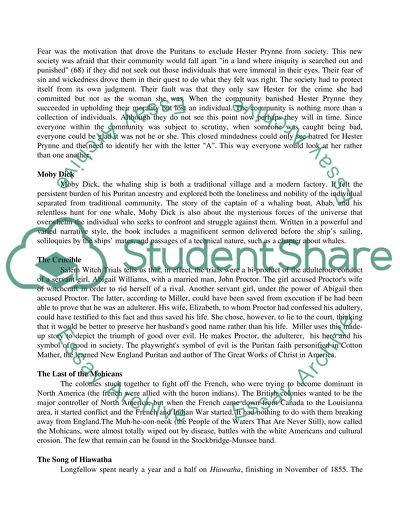Cite this document
(“American Culture Essay Example | Topics and Well Written Essays - 500 words”, n.d.)
Retrieved from https://studentshare.org/miscellaneous/1500385-american-culture
Retrieved from https://studentshare.org/miscellaneous/1500385-american-culture
(American Culture Essay Example | Topics and Well Written Essays - 500 Words)
https://studentshare.org/miscellaneous/1500385-american-culture.
https://studentshare.org/miscellaneous/1500385-american-culture.
“American Culture Essay Example | Topics and Well Written Essays - 500 Words”, n.d. https://studentshare.org/miscellaneous/1500385-american-culture.


